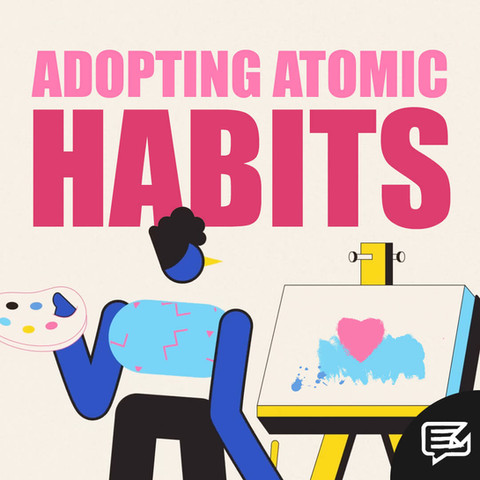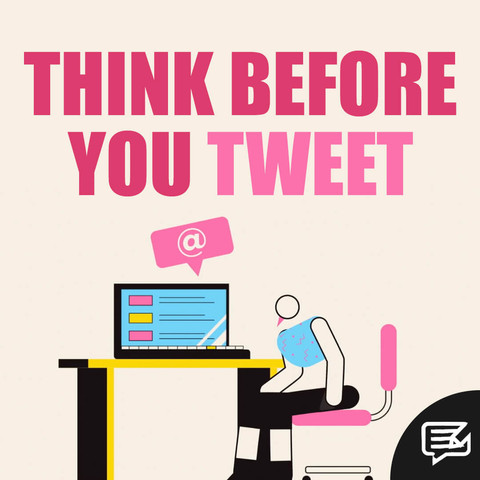
21.11.20
WHAT3WORDS TO THE RESCUE
A regular feature of fictional survival movies is the isolation factor: “no one knows where we are”, “how will anyone find us?”, “we’re going to die out here".
It serves to hammer home the hopelessness of the situation, and tends to precede the inevitable attack by shark, crocodile, bear, wolf or short-fused campmate. At least one of the main characters succumbs to their injuries, usually more.



This in turn prompts further in-fighting – the blame game about who’s ultimately responsible for the predicament in the first place: the alpha male who didn’t feel it necessary to pack a map, the class clown who jumped overboard without lowering the ship’s ladder, the inexperienced climber who refuses to turn back in inclement weather…
If only they were better prepared... But where’s the fun in that?!
You don’t watch a film of this ilk to see sensible, logical characters return home safely without issue. You watch to see chaos unfold before your eyes; to feel exasperated by the poor-decision making. Perhaps even to feel smug knowing that YOU would never end up in such dire straits. There’s an app to ensure that, after all…
It’s called what3words.
Launched in 2013, the app (and website) divides the world into three metre squares, with each square metre given a unique combination of three words. By sharing these three words with, say, the emergency services, they will know where you are within a three-metre radius. Neat, right? And so simple! It makes you wonder why we ever did things differently. GPS co-ordinates are so last century…
And it’s not just handy if you need rescuing from rabid beavers in the wilderness, as CEO Chris Sheldrick explained in his 2017 TED Talk.
Car manufacturers including Ford and Mercedes-Benz have incorporated the functionality to enable navigation to precise locations. In May 2020, a trial between Mercedes-Benz and courier DPD delivered significant efficiency gains:
"Two DPD delivery experts, driving identical Mercedes-Benz Sprinter vans equipped with MBUX, delivered around 50 packages to the same locations near Nagold, Germany. The route was based on a real DPD route, and the locations included homes, businesses and industrial estates.
"Neither driver was familiar with the area. One used regular street addresses to navigate to drop-off points, while the other was supplied with two what3words addresses per delivery: one for the optimal parking spot, and one for the exact handover point."
The result? Using what3words saw a 15% uplift in efficiency, with the driver using the app finishing his run more than 30 minutes before his colleague:
"Having a what3words address for the optimal parking spot reduced driving time and accounted for 80% of that efficiency gain. The remaining 20% gain came from having the what3words address for the precise handover point, which helped reduce the time the driver spent on foot."
Uber and other taxi hailing services have also got in on the act, with a little help from Alexa. By saying “Alexa, ask 3 Word Go to order me an Uber from clean.wider.both to hush.detect.sunset”, you’d soon be enjoying a ride from Big Ben to ZSL London Zoo.
The what3words website includes a long list of enabled-products ranging from “Domino’s Pizza” and “Paragliding Pilot Retrieve”, to “Fruit Rabbit” – a Chinese app that allows parents to keep track of their children’s whereabouts via a rabbit shaped device with a what3words-enabled button for a nose.
The mind boggles at the possibilities.
For me, however, the real value lies with the assistance it can offer in emergencies, as illustrated by the accounts of rescues shared on Twitter:
“My nephew used this app when calling 999 for a friend who had become unconscious whilst out on a bike ride. A real time saver and potentially life saving app.”
And the below from Tracey Williamson, a professor at the University of Worcester:
“Assisted at an accident today. Middle of nowhere. Road cyclist over handlebars flat on face. Car he avoided used What 3 words app as ambulance struggled to locate. Super medic cop soon on scene. Impressed with our blue line colleagues today. The app saves lives”
My personal favourite, shared by the Leicestershire Fire and Rescue Service, demonstrates that it’s not only humans that benefit either:
"Fire Control have used W3W to assist in locating an address where a sheep is stuck in a river. Crews are on route to assist the animal #notjustfires"
Even for everyday life, it’s reassuring to know there is a better way to communicate your exact whereabouts than “y’know, around the corner from that pub where we had birthday drinks that one time, and opposite from where Woolworths used to be…”
If you or a friend have ever moved to new housing estate where postcodes aren’t yet recognised – or a remote location – you’ll know what a nightmare it can be to give directions. what3words can solve that problem in the time it takes you to say its name.
But what if you’re so “off grid”, you have no phone signal? No problem. CEO Chris Sheldrick explains a workaround in this short YouTube video. Even if you’re totally offline – with no WiFi or data – it’s still possible to get your three-word address by tapping the “Locate” button. The corresponding map may not load, but the three words will be generated regardless thanks to a satellite (providing you’re not 10 metres underground, that is).
According to Sheldrick, if you can see the sky, the app will work. I only hope I never need to find out if that’s true! Especially if there’s a hungry shark / crocodile / bear / wolf / campmate in the vicinity.

























































